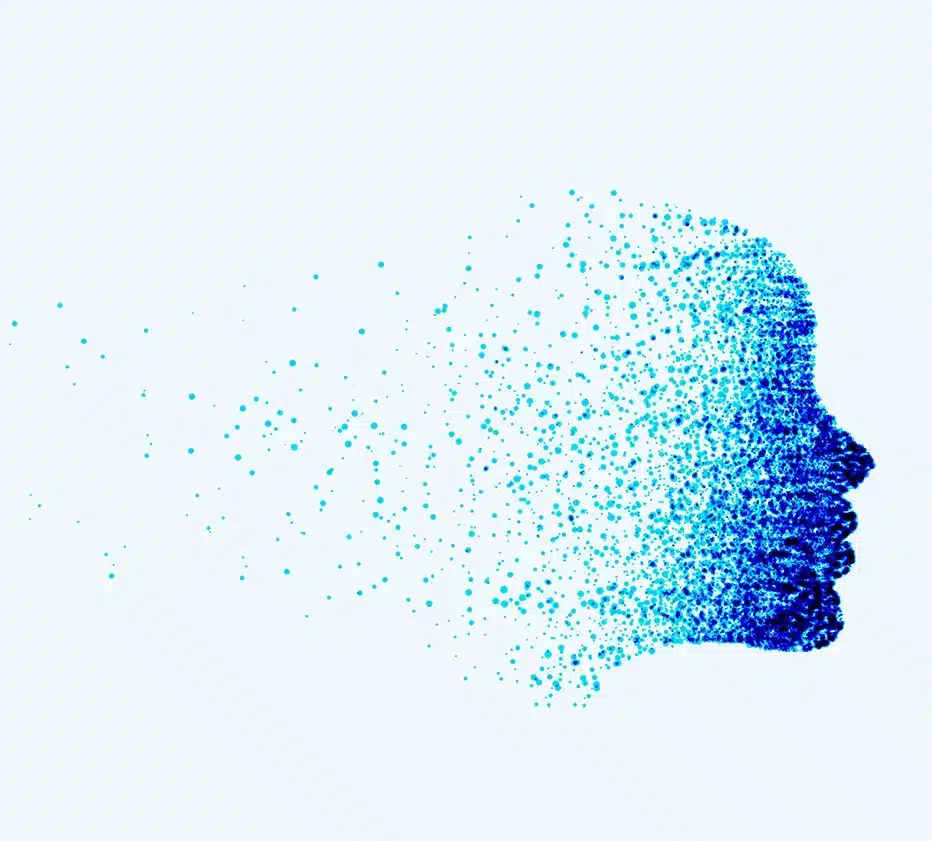Google DeepMind, a joint venture between Alphabet Inc’s DeepMind and Google Research’s Brain team, was recently launched. The collaboration aims to broaden Google’s AI research and development capabilities while also making a positive influence on society by addressing some of humanity’s most pressing concerns.
The merger of the two research institutions under the Google DeepMind banner intends to develop AI innovation capable of transforming industries, advancing scientific understanding, and serving different communities across the world. DeepMind 2023 CEO Demis Hassabis expressed excitement about collaborating closely with colleagues across Google Product Areas to develop innovative AI research and solutions that will improve the lives of billions of people.
In respect to the above news, let us see what DeepMind is and what are the things that it can do.
What is DeepMind?
DeepMind is an artificial intelligence system that employs machine learning to solve problems that computers have traditionally been unable to solve, such as beating humans at the game Go and predicting the numerous ways that proteins might fold themselves into functional forms. DeepMind’s technology is already being applied in practical applications. It, for example, contributes to reducing energy consumption in computing data centres and optimising phone battery life.
DeepMind originated in 2010 as a London-based firm and was acquired by Google in 2014. It is currently an entity of Alphabet Inc., Google’s parent business. DeepMind has brought many changes, some of which includes:
1. Diagnosing cancer:
In order to increase the detection of breast cancer, DeepMind is working with Google’s AOI health research team and a group of research organizations headed by the Cancer Research U.K. Centre at Imperial College London.
Every year, the disease claims 500,000 lives worldwide, because it is difficult to diagnose and detect at an early stage. Every year, thousands of cancers go undetected by the mammogram scans currently in use, and they frequently result in false alarms from overdiagnosis. DeepMind, however, believes that cancer can be diagnosed using machine learning. In order to determine whether machine learning tools are more accurate at identifying signs of cancerous tissue than mammograms, DeepMind researchers will examine historical de-identified mammograms from roughly 7,500 women. The exploratory research may change how breast cancer tests are conducted.
2. Optimizing Google Play’s app recommendations
Through the use of machine learning, DeepMind has also contributed to the personalization of app recommendations in Google Play by identifying the apps that users are more likely to use and enjoy based on their prior downloads and the context in which they were used.
The project aims to bring in paying customers to the Google Play store, serving as an illustration of how Google can make money off the technology developed by DeepMind.
3. Discovering various protein shapes:
DeepMind, an artificial intelligence lab, revealed a technology in 2020 that could predict the form of proteins – the microscopic mechanics that drive the behaviour of human beings and all other living things.
A year later, the lab disclosed projected structures for more than 350,000 proteins, including all proteins encoded by the human genome, using the technology dubbed AlphaFold. It quickly changed the direction of biological research. Scientists who can determine the structures of proteins will be able to better comprehend diseases, develop new medications, and investigate the secrets of life on Earth.
4. Detecting eye disease:
DeepMind collaborated with Moorfields Eye Hospital in London to create a machine learning-based system that can detect sight-threatening eye illnesses from a digital scan of the eye. While the company’s first cooperation with the NHS at the Royal Free Hospital was focused on patient care, this is the first that is solely focused on medical research.
The programme analyses over one million anonymized eye scans to create an algorithm that detects early indicators of impending eye disorders and speeds up diagnosis.
5. Google voice assistant:
While DeepMind’s current advancements are focused on healthcare, its machine learning techniques have also been extended to audio analysis. Talking machines have a long history in science fiction and are becoming more popular with products like Siri, yet the gap between computer and human speech remains significant.
DeepMind has created a text-to-speech technology that can reduce that disparity by more than half. WaveNet is a neural network-based system that replicates the sound waves created by human speakers rather than duplicating the language they use. The technology is currently used across all platforms to generate Google Assistant voices for US English and Japanese.While there are many benefits to DeepMind, its ethical approach is always questioned.
Is DeepMind ethical?
DeepMind’s creators shoulder a great deal of responsibility given the software’s enormous power to control social media algorithms that determine what information users see, to make potentially life-or-death medical diagnoses, and many other unexplored opportunities in the future. Some of the records that AI broke are:
- One of them is breaking a 50-year-old mathematics record by finding a new method of multiplying arrays of numbers known as matrix multiplication. In 1969, a mathematician named Volker Strassen developed an algorithm that could multiply a 4-by-4 matrix of numbers with another 4-by-4 matrix in 49 calculations, but DeepMind’s AI called DeepTensor has managed to achieve the same result in just 47 calculations.
- Additionally, another research group has used DeepTensor to reduce the number of calculations needed to multiply two 5-by-5 matrices from 96 to 95.
- In addition to this, DeepMind has also repeatedly defeated the world’s leading Go players, leading to the retirement of South Korean champion Lee Se-dol in 2019.
Despite the fact that DeepMind established an Ethics & Society team in 2017, issues have still arisen. Regarding its clinical safety testing of the Streams app, which is intended to detect acute kidney injury, DeepMind is currently facing a class-action lawsuit in England. The Royal Free London NHS Foundation Trust reportedly provided patient data for the testing, but it was later discovered that the Trust had violated the U.K.’s patient data protection law by doing so.
- The AI could be used to exacerbate the disinformation issue that already afflicts the internet because DeepMind is able to not only recognize images, video, and audio but also to produce new, ultra realistic versions of all three.
- Regardless of whether DeepMind is ethical, the technology will certainly bring new issues to grapple with as it becomes more widespread.
- The use of DeepMind’s AI to produce “deep fakes,” which are incredibly realistic CGI videos that appear to depict real events, has been criticized.
CONCLUSION
We can say that DeepMind AI has learned to execute various astonishing skills such as teaching itself to walk, create its own images, can strategically out-think humans, can navigate without a map, and detect certain diseases better than doctors. However, what we can be sure of that AI will continuously be pushing its limits to surprise us.






